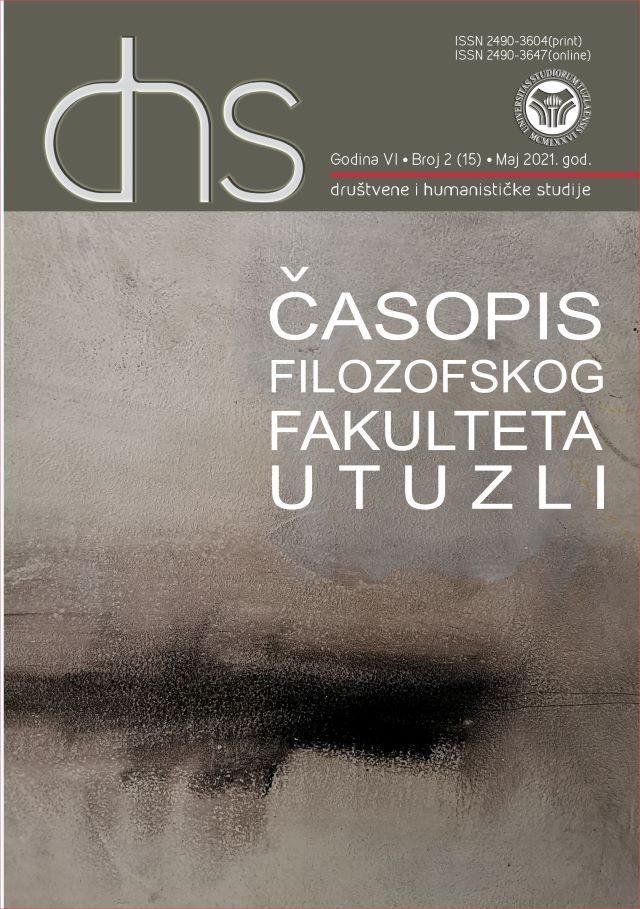Osobine ličnosti roditelja kao odrednice formiranja osobina ličnosti njihove djece predškolske dobi
Personality Traits of Parents as Determinants Of Foundation of Personality Traits in Their Preschool Children
Author(s): Almira Isić-Imamović, Anela HasanagićSubject(s): Education, Psychology, Developmental Psychology, Personality Psychology
Published by: Filozofski fakultet Univerziteta u Tuzli
Keywords: Children; preschool age; parents; personality traits; five-factor personality model;
Summary/Abstract: The study aimed to examine the relationship between the personality traits of parents (mothers and fathers) and their preschool children, to determine if there are a correlation and similarity in the personality traits of parents and their children. Also, the study aimed to explore whether the personality traits of parents (mother and father) are significant predictors of the personality traits of their preschool children. The sample consisted out of 150 children of preschool age and 150 fathers and 150 mothers. The personality characteristics of the children were assessed by their parents by completing the M5-PS-90 (Grist & McCord 2006), and afterward, parents assessed their personality traits through the Scale PMF (Kardum & Smojver 1993). The correlation analysis results showed that there are statistically significant positive correlation and similarity in emotional response, then in the degree of socialization, friendliness, conscientiousness, and intellectual openness between mothers and their preschool children, and there are statistically significant positive correlation and similarity in the degree of socialization and conscientiousness between fathers and their children of preschool age, as well. The results of the regression analysis suggested that maternal neuroticism is a statistically significant predictor for neuroticism in children, as well as a statistically significant negative predictor to form the traits of a child's extraversion and that its intellectual openness is a statistically significant positive predictor for quality of conscientiousness and intellectual openness. The results of the regression analysis also showed that the father’s extraversion is a statistically significant positive predictor to form the extraversion trait in children.
Journal: DHS-Društvene i humanističke studije: časopis Filozofskog fakulteta u Tuzli
- Issue Year: XV/2021
- Issue No: 15
- Page Range: 333-358
- Page Count: 26
- Language: Bosnian

